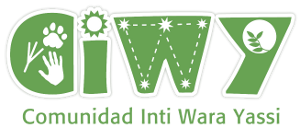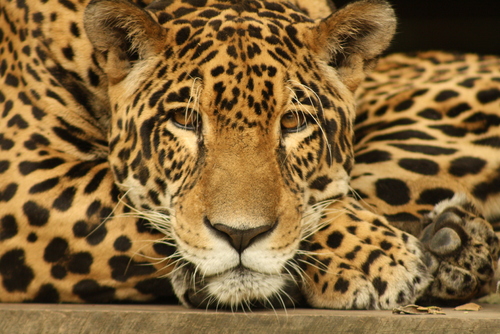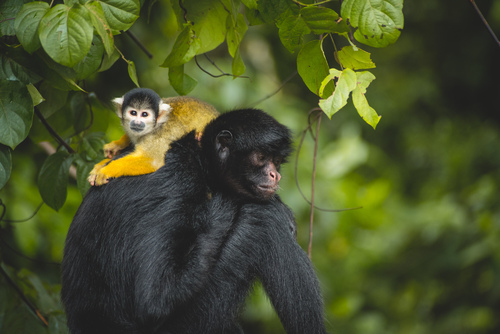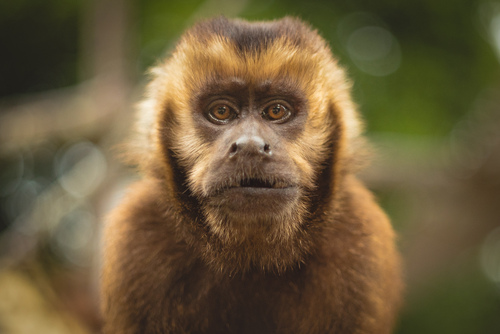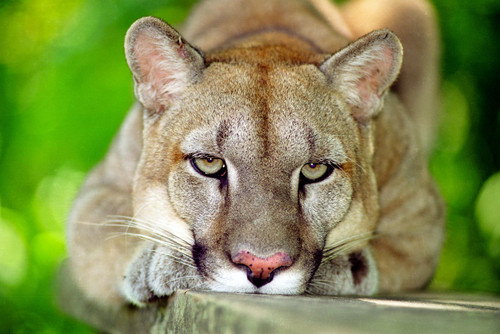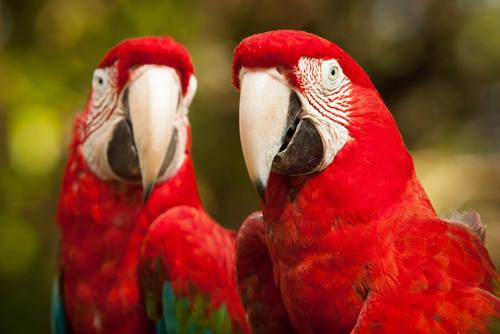The seeds of CIWY were sown in 1986 by founders Juan Carlos Antezana and Tania Baltazar Lugones (Nena), in a small neighbourhood in El Alto, above the city of La Paz. Juan Carlos and Nena worked to support the needs of miners' children who had relocated to the area, providing alternative education including carpentry workshops, tailoring, horticulture in green houses and other activities.
As part of the education program, the children were taken on a field trip to the ‘Choro Trail’ a pre-columbian pathway that descends from the highlands, down through a number of ecosystems, to arrive in the cloud forest. The children from the altiplano were amazed by the luscious vegetation and quantity of wildlife that they witnessed in the mountainous forests of the Yungas region of La Paz.
However as the children reached Coroico they were faced with a different reality: the impact that humans are having on the environment, and the effect that the ‘slash and burn’ approach has on wildlife. The sight deeply affected the children and they committed to create an environmental movement with the aim of showing the public the negative effect of destroying the rainforest and other activities that cause damage to nature.
From this moment on the children began in earnest to campaign and raise awareness, using visuals that expressed the urgent need for environmental legislation to protect the forests and animals of Bolivia.
On another trip, the children witnessed blatant abuse of wildlife. They found a spider monkey in the town of Rurrenabaque, which the locals were forcing to drink alcohol and make dance. The children’s natural reaction was to rescue the poor animal, which they did. But what would they do with the monkey once rescued? Where could they take it? In the absence of an obvious area to look after the animal, the only option was to take it to a youth hostel nearby.
These experiences and other aggressive actions such as the killing of mothers in order to capture their babies and sell them as pets in illegal markets, and circus activities that constitute physical abuse, committed us to create the first refuge for wild animals in Bolivia – Parque Machia near the town of Villa Tunari, to offer these voiceless creatures a second opportunity of a dignified life.
CIWY’s name means 'sun, star and moon' in the indigenous languages Quechua, Aymara and Chiriguano–Guarani respectively. It represents the main cultural ethnic groups of Bolivia and symbolises unity.

